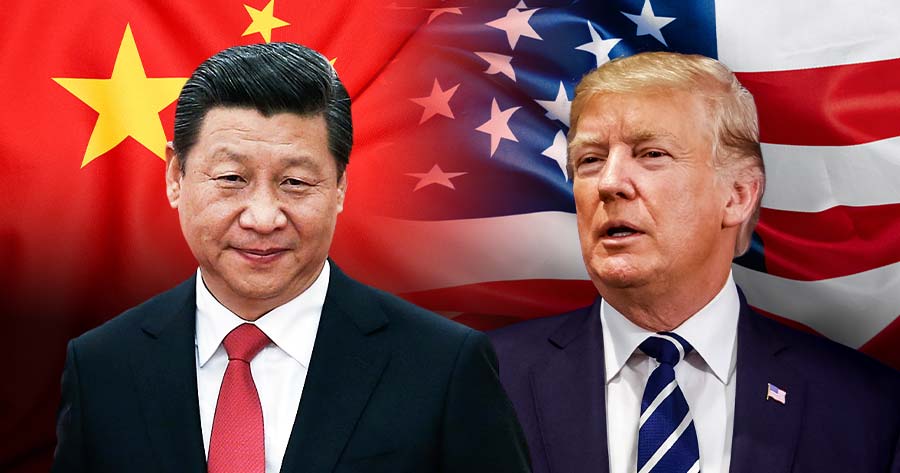In the upcoming inauguration of President-elect Donald Trump, Chinese state media has confirmed that Vice President Han Zheng will attend, marking the first time a senior Chinese leader has participated in a US president’s swearing-in ceremony.
Liu Pengyu, a spokesperson for the Chinese Embassy in Washington, confirmed that Han will attend the inauguration as “President Xi Jinping’s special representative” after receiving an invitation from the US. The Chinese Foreign Affairs Ministry also expressed China’s intention to strengthen its relationship with the US and manage differences accordingly.
As for Trump, his representative has not yet commented, although the Trump transition team confirmed last month that they had invited Xi. This move is considered unusual, as foreign heads of state typically send diplomats or top-level officials to US presidential inaugurations.
The US and China have a long rivalry, clashing over issues like technology, trade, human rights, and Taiwan’s status. However, those relationships have stabilized under President Joe Biden’s administration, even after reaching their lowest point in decades.
Although Trump has praised Xi for a long time, calling him a strong leader, he accused China of “ripping off” the US economically during a conservative talk show this month. He also referenced his criticism of China’s handling of the COVID-19 pandemic in the final year of his first term.
Trump has nominated several China hard-liners for his Cabinet, including Sen. Marco Rubio, who is sanctioned by the Chinese government. During his first term, the US and China entered a “trade war” with significant tariffs imposed on each other. Experts speculate this may worsen during his new administration.
The president-elect has promised a 60% tariff on all Chinese goods and an additional 10% if China does not halt the flow of precursor chemicals for fentanyl. However, he opposed the ban on TikTok despite having previously supported a law requiring its Chinese parent company to divest its US operations.





